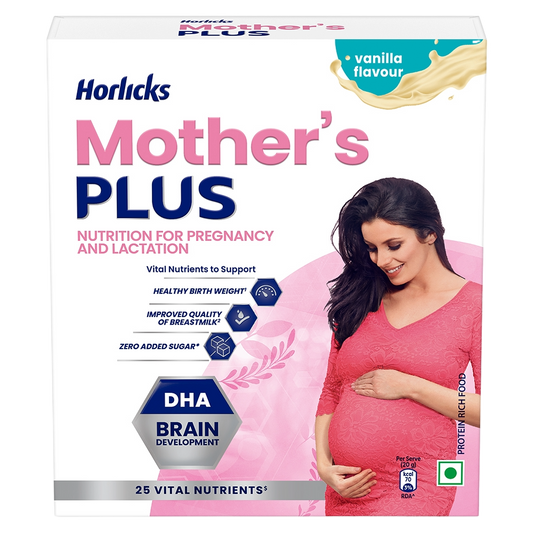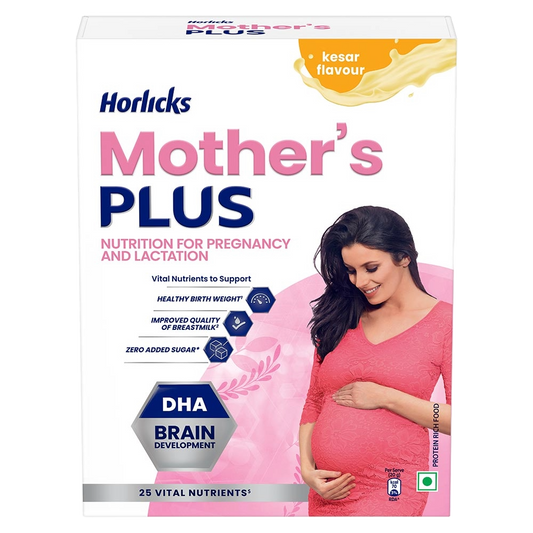Congratulations! You have completed the most tumultuous months of your pregnancy and both, you and your baby are completely fine. You are about to enter your second trimester, which for a lot of women is the favourite phase of their pregnancies – and for good reason.
A Sigh Of Relief
During the second trimester, you will begin to feel more settled into your pregnancy with the initial morning sickness most likely gone, energy levels rising and that famous pregnancy glow slowly showing up. This is also the time when you will feel your baby moving and kicking for the first time. Exciting, isn’t it?
Put your high energy levels to good use and stay active during the second trimester. Choose a low-impact form of exercise such as walking, yoga, swimming in consultation with your doctor or gynaecologist. If possible, train with a fitness trainer who has experience in working with pregnant women.
Eat Right
The second trimester is the time for your baby’s bone and brain development, and so, your diet during these months is of utmost importance. Let's look at a diet chart for the second trimester, which includes a mix of foods that target all of the important nutrients for your baby's proper growth and development:
- Do This As Soon As You Wake Up
A handful of nuts soaked overnight. It can be a mix of almonds, cashews, figs, walnuts, and raisins. Additionally, you can have a cup of milk. It is important to have around 2 to 3 portions of dairy products – milk, curd, cottage cheese, etc., throughout the day to meet your daily requirement of calcium. If plain milk is unpalatable for you, you can add different flavours to it. For example, a pinch of cardamom, some turmeric and a bit of jaggery, or you can also add Horlicks Mother’s Plus to your cup of milk every morning. It has been scientifically designed with the nutritional needs of pregnant women in mind. It provides you with 25 nutrients including 21 essential vitamins and minerals in addition to carbohydrates, protein, fat and DHA* which are important for the normal development of the brain and nervous system of the foetus. Available in exciting flavours of Vanilla and Kesar, Horlicks Mother’s Plus is the number 1 gynaecologist recommended nutritional drink for pregnant women^.
- Don’t Skip Your Breakfast
Breakfast is the most important meal of the day. A hearty portion of breakfast staples such as oats porridge, poha, or vegetable upma will provide you with a healthy dose of carbohydrates, iron, calcium, and magnesium. Another great breakfast option is parathas. You can keep things interesting by playing around with different fillings for your parathas and pair it with a bowlful of curd. For a more convenient breakfast option, you can also have vegetable sandwiches (swap your white bread with whole-wheat bread) or omelette and toasted bread. It will provide you with the necessary vitamins, iron, protein, and dietary fibres. Try to add a portion of locally produced fresh seasonal fruits to your breakfast as well.
A mid-morning snack between breakfast and lunch is an important aspect of your pregnancy diet. For this, you can have something light but nutrient-dense such as a hearty salad, a bowl of fresh fruits or a bowl of soup. Chicken soup – if you are a non-vegetarian and if you are a vegetarian, tomato soup or spinach soup with beetroots and carrots are some great options. You can also make your soups with vegetable stock or bone broth.
A balanced Indian meal with a portion of chapatis or parathas, with a portion of vegetable or meat curry, a bowlful of lentils, a small portion of curd, and a healthy portion of salad. Chicken or mutton and lentils provide protein while Indian flatbreads such as chapatis and parathas are rich in fibre and carbohydrates.
Another option for lunch (if you feel like having something light yet filling) is a portion of khichdi or vegetable pulao served with raita. Rice dishes such as curd rice, khichdi, or pulao provide you with an instant boost of energy. However, try not to forget your daily dose of greens.
- Indulge In Healthy Snacking
Mid-meal snacks between your lunch and dinner are extremely important for pregnant women. It can be anything light – something that is easy to digest and provides you with instant energy. For example, a smoothie, a handful of nuts and seeds, roasted makhana, a couple of piping hot idlis, cheelas, etc.
- Have An Early, Light Yet Nutritious Dinner
Dinner is best kept light. You can again go for a chapati-curry-lentil-curd combo or have rice dishes like pulao and soup, khichdi and raita, etc. Make sure to add some curd to your meal. Another light dinner option can be vegetable daliya.
You can end your day with half a cup of milk with a pinch of nutmeg powder in it. This will induce deeper sleep and help you rest well. Or if you feel like, you can have a hot cup of calming tea before bed too.
Here are a few points to keep in mind while chalking out a diet plan for yourself
- Add plenty of green leafy vegetables to your diet – they will provide you with the required folic acid and iron amount. While iron ensures that your baby gets adequate oxygen in the womb, folic acid plays an important role in ensuring brain and spinal cord development. It also prevents your baby from developing any major congenital disabilities.1
- Pregnancy is not the time to shy away from carbs. The body derives the energy it needs to nurture the baby from carbohydrates and therefore, your every meal should contain a portion of it.2
- Increase your daily intake of dairy products. They provide you with the necessary amount of calcium which is required for supporting your baby’s bone and teeth development.3
- Include protein-rich food items such as fish, eggs, beans, sprouts, etc. to your diet. Protein ensures the proper growth of your baby’s muscle tissues and organs.4
- Indulge in your cravings in moderation. Develop a healthy snacking habit by swapping unhealthy snacks with healthy munchies.
- Consult your doctor to determine if you need any prenatal vitamin supplements.5
- Apart from eating right and staying active, practicing mindfulness techniques such as meditation will help keep you in a positive frame of mind.








